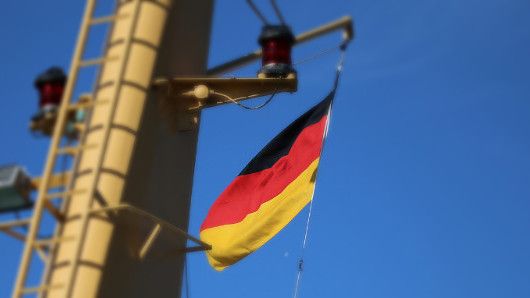
BRAGER solutions now also operating in Denmark, Belgium and The Netherlands
We are continuing to expand and are now also present in Denmark, Belgium and the Netherlands.

BRAGER solutions now also operating in the UK and Poland
Our BRAGER solutions network keeps growing. Following Germany, Estonia, Lithuania and Latvia, we are now also active in the United Kingdom and Poland.

BRAGER solutions expands into the Baltic region
We're thrilled to announce that we have expanded our BRAGER solutions network and are now also located in the Baltics region with BRAGER solutions Baltics and the experienced Master Mariner Unlimited Tony Krjucenkovs.

BRAGER Solutions joins the Workboat Association
BRAGER Solutions has joined the Workboat Association, reinforcing its role in the offshore sector and commitment to industry best practices, safety, and collaboration.

No Certificate of Equivalence Required for Foreign Ships in German Waters

New MCA Workboat Code 3

Windfarm Offshore Workboats: A Vital Part of New Construction Sites in the North and Baltic Seas

After Brexit changes for UK flagged vessels operating in German waters

German BG Verkehr updates for Certificates of Equivalence

Alterations concerning vessel inspections for CoE

Aggravation in application for German Certificate of Equivalence

Certifying Authorities - An alternative to Classification Societies

New MCA Workboat Code: Advice on changing and remaining regulations

Freelance Surveyor needed

IMCA audits in Klintholm
IMCA audits in Klintholm

Major additions and changes in IMCA Audits

German Certificate of Equivalence: Ballast Water Tank Exemption document

Additional fees for IMCA CMID and MISW Audits

Now offering ROV Audits

